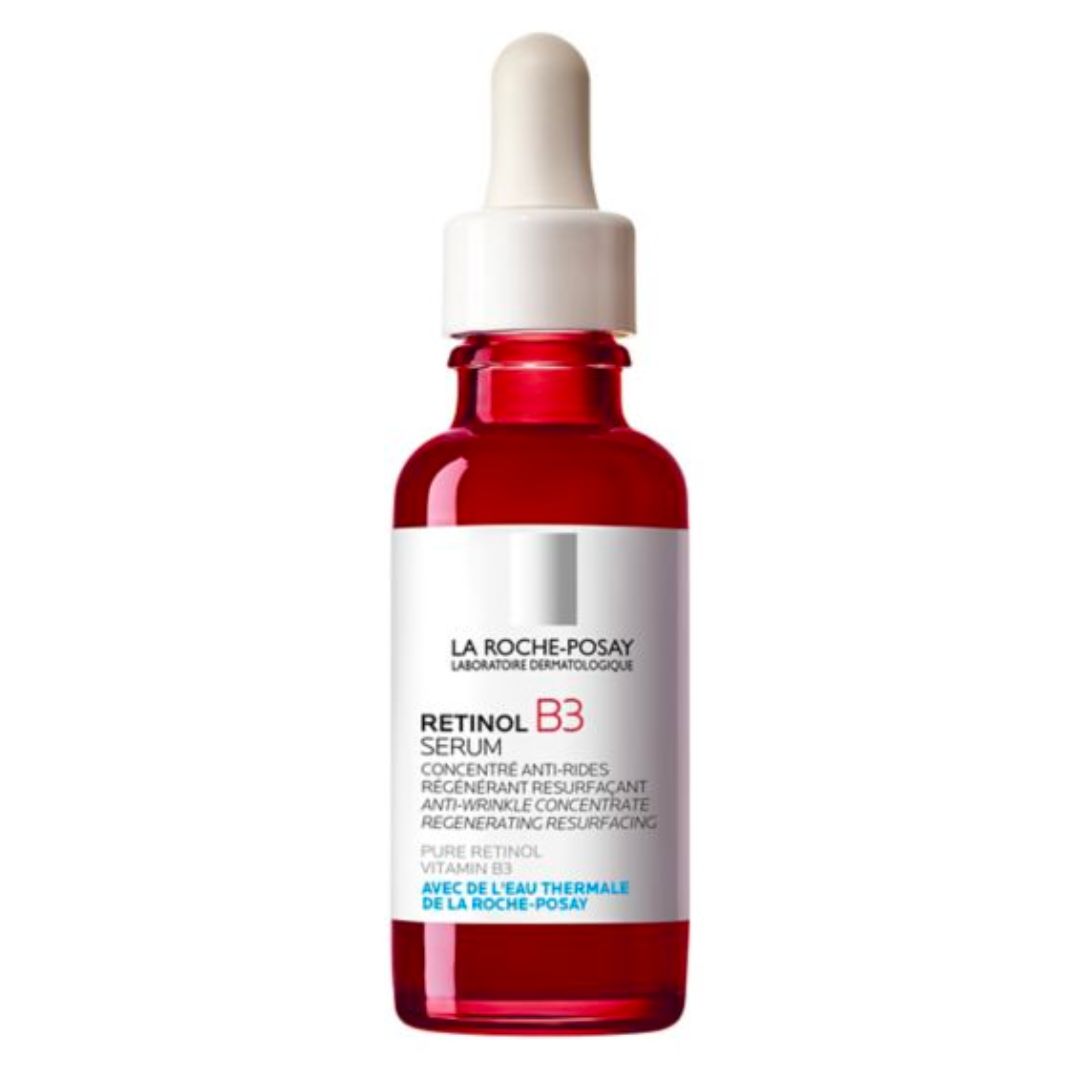Turns out, retinol can help treat acne—but there are some things worth knowing
This way for retinol tips
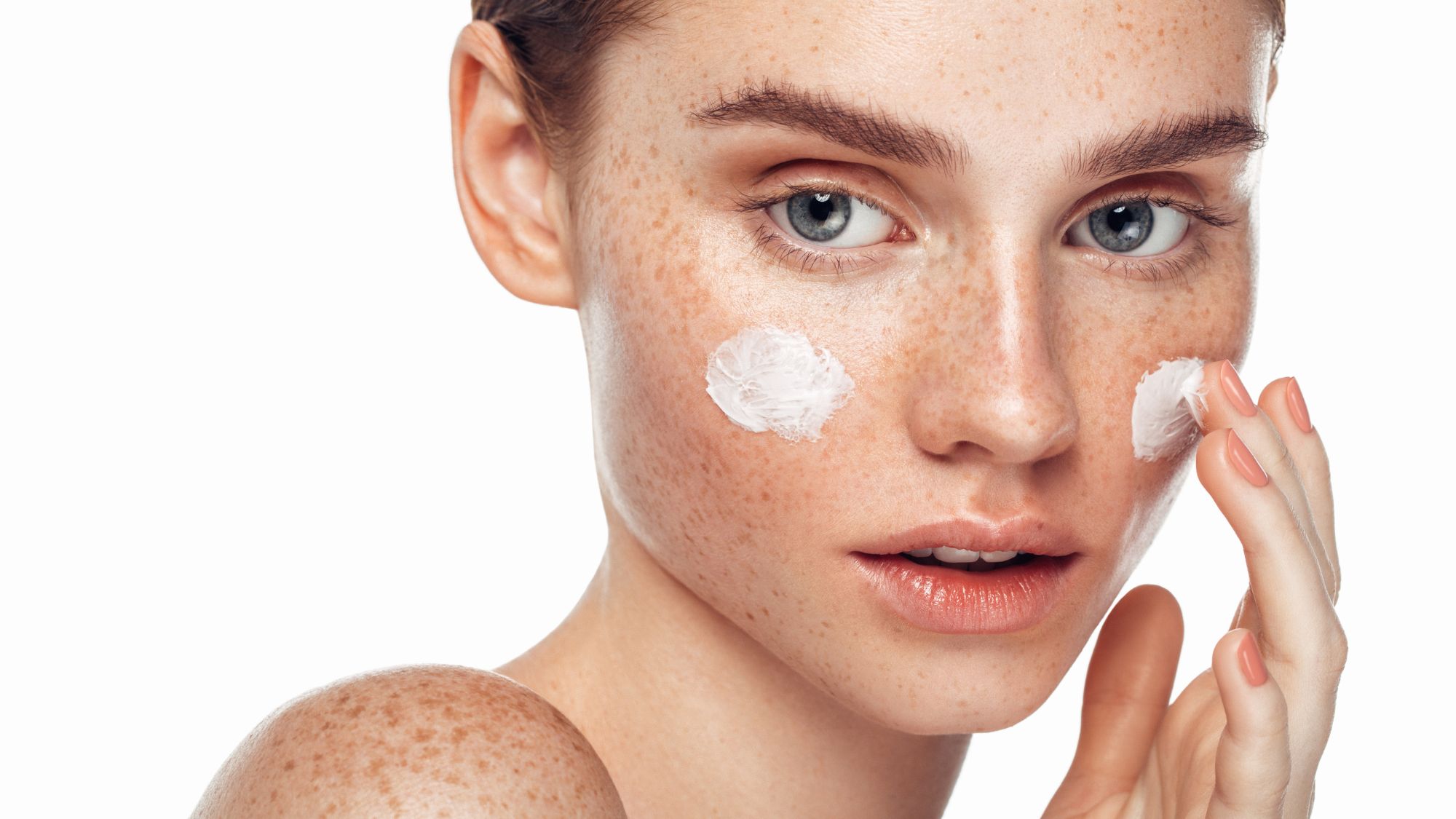

If you're on the lookout for the best acne treatment, it's probably worth brushing up on your retinol knowledge. Why? Because using retinol for acne treatment is very much a thing.
It's no secret that retinol is beauty's superhero. We're told it can turn back the clock, eradicate pigmentation and leave skin glowing beyond belief. The truth is, retinol deserves all of the hype it gets—but expectations should always be managed. One area in which retinol should be more highly praised, however, is when it comes to breakouts. The truth is, the importance of using retinol for acne treatment is widely overlooked.
However, when it comes to adding a potent active ingredient such as retinol to your routine, it's absolutely imperative you do some research first—which is where we come in. Before you embark on your retinol for acne journey, it's important you get your skincare routine for acne straight (whatever types of acne you're facing). You can use every spot treatment under the sun, you can slather toothpaste on your spots, use the best face wash for acne, buy the best moisturiser for acne or even invest in acne patches, but if your whole routine isn't right, you're unlikely to see results. Once you've nailed the basics, you can start thinking about incorporating a retinol (or retinoid into your routine).
But that's not to say you can pop down to the supermarket and pick up any old retinol product to help treat your acne. Using retinol for acne treatment is nuanced and comes with some very important caveats. Luckily, we've reached out to some of the best skin experts in the game to ensure the most important details are covered, so you can start using retinol in a bid to clear up your acne ASAP.
What is retinol?
Without getting too complex, retinol is essentially a form of retinoid—a derivative of vitamin A. "Retinol is an individual type of retinoids, which is thought to have similar, but slightly weaker effects than some of the prescription grade retinoids," says Dr Emma Wedgeworth, Consultant Dermatologist for La Roche-Posay. It is one of the only skincare ingredients found in off-the-shelf products that is independently clinically proven to work in fighting the signs of premature skin ageing.
"Retinol is one of a dermatologist’s favourite ingredients as it has so many skin benefits. Retinol helps turn the skin over more effectively, stimulates collagen which improves the appearance of fine lines and wrinkles, and reduces the appearance of pores and pigmentation. By improving cellular turnover and reducing the production and transfer of pigment (melanin) within the skin, retinol also helps treat dark marks which are especially common after breakouts," says CeraVe consultant dermatologist, Dr Alexis Granite.
However, when it comes to acne, the powers of retinol are often overlooked by those seeking treatment (much like the powers of tea tree oil for acne). "Retinoids also regulate oil production, reduce inflammation and help tackle bacteria," adds Dr Wedgeworth.
Celebrity news, beauty, fashion advice, and fascinating features, delivered straight to your inbox!
Does using retinol for acne treatment work?
The short answer to this question is yes. "Depending on the degree and severity of your acne, retinol can be very successful in helping to improve acne. However, in more severe cases prescription-strength isotretinoin is recommended," says Spirithoula Koukoufikis, Senior Medical Aesthetician at Skinfluencer.
Essentially, by increasing cellular turnover retinol can help reduce the appearance of acne flare ups (as well as minimise post-acne scarring, too). However (and sadly there is a however), when attempting to treat acne with a retinol, it's absolutely vital that you brush up on your retinoid knowledge if you want your chosen product to work.
First of all, it's important to know the difference between retinol and retinoids (as a group) and the limits that retinol has when it comes to acne treatment. "Retinol is a medium-strength retinoid. It’s stronger than retinoid esters but weaker than tretinoin or isotretinoin, which are only available with a doctor’s prescription," says Dr Raafat Lakkis, Dermatologist at Dr Kayle Aesthetic Clinic. And this is a very important thing to remember. Often, when talking about the overwhelming success of retinoids in treating acne (of which tretinoin and isotretinoin are very effective), many people assume that retinol is also included in this.
Sadly, off-the-shelf retinol is unlikely to totally clear up your acne (unlike prescription-strength retinoids), but that's not to say it won't help. "While the results of using retinol may not be as fast or dramatic as those produced by prescription-strength products, it poses a lower risk of side effects, like skin irritation. Retinol does a host of things needed to ensure a clear complexion: it stimulates the turnover of skin cells, removing dead cells from the surface of the skin, and reducing inflammation," adds Dr Lakkis.
Can I use any retinol for acne treatment?
Short answer to this one? No.
Before you buy a retinol in attempt to reduce the appearance of your acne, read up on the strength of the retinol in the product you have your sights set on. "Over-the-counter retinol creams, gels and serums typically contain between 0.25 and 1.5 percent retinol. The overall strength that you’ll need depends largely on your skin type. Always start with a lower dosage and increase it gradually and under the supervision of your skincare expert as this will ensure your skin isn't negatively impacted," says Dr Lakkis.
It's also worth noting here that some products marketed as 'retinol' products, don't use retinol at all, instead featuring gentler (and often weaker) forms of retinoid, which might not work against acne. Plus, the strength of the retinol used is often too low. "Some beauty brands that claim to include retinol are misleading as the dosage is so low it will have minimal, if any, effect," Dr Lakkis adds.
The best advice for ensuring you're purchasing a retinol that works for acne? Buy from clinical skincare brands.
What are the best retinols for acne treament?
Here at Marie Claire, our beauty team is make up of editors with many, many years of testing, trialling and product research under their belts. In fact, there's barely a retinol product out there (prescription or otherwise) that we haven't tried. With our combined decades of testing in mind, we also spoke with the experts to compile this list of the best retinol for acne.
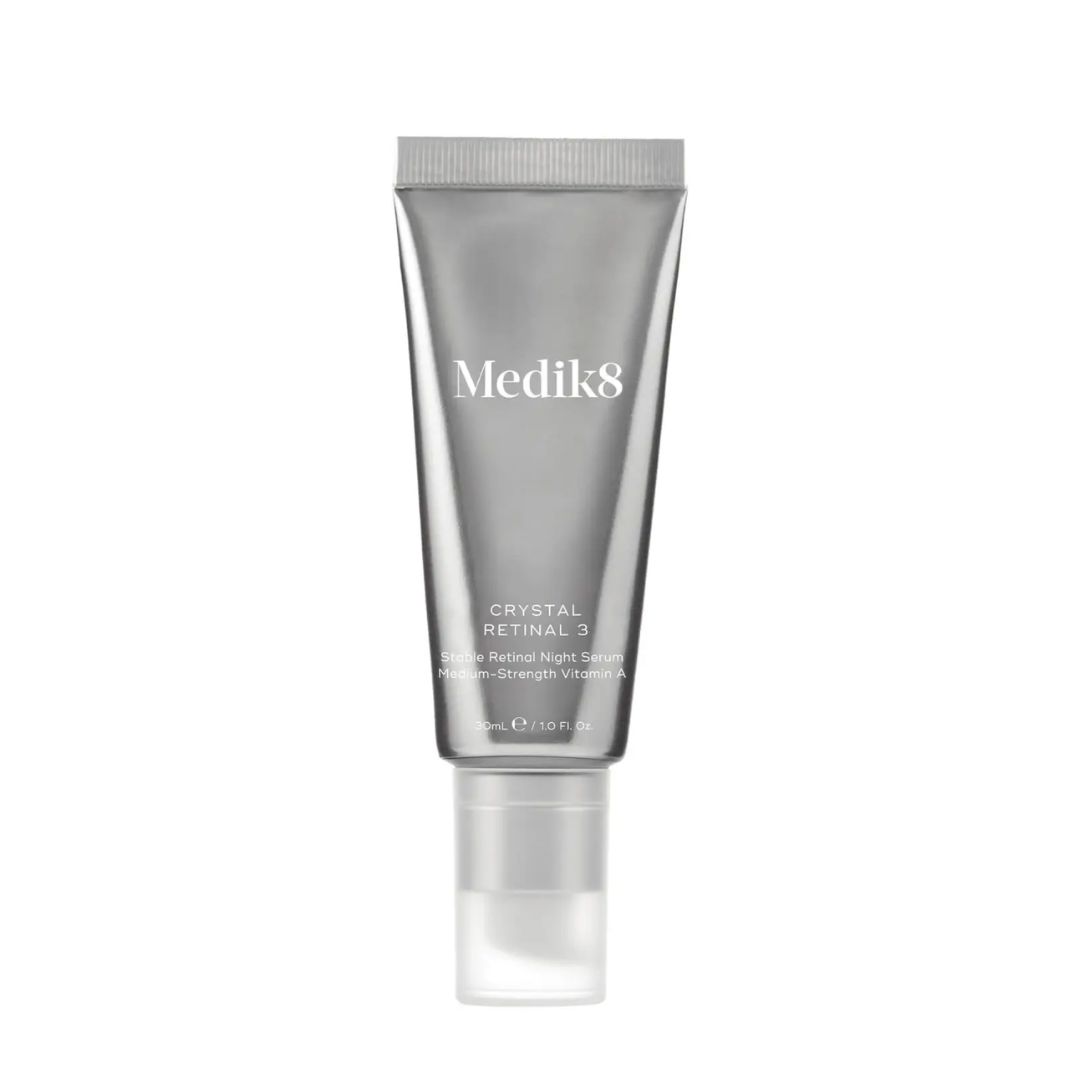
Experts regularly cite this retinoid serum as one of the best out there, particularly when it comes to skin clarity. It's worth noting here that this product utilises a retinal, not a retinol. While experts typically recommend a retinol for off-the-shelf acne treatments, this gentler form of retinoid has been formulated so expertly that it comes highly recommended by a number of dermatologists and aestheticians.
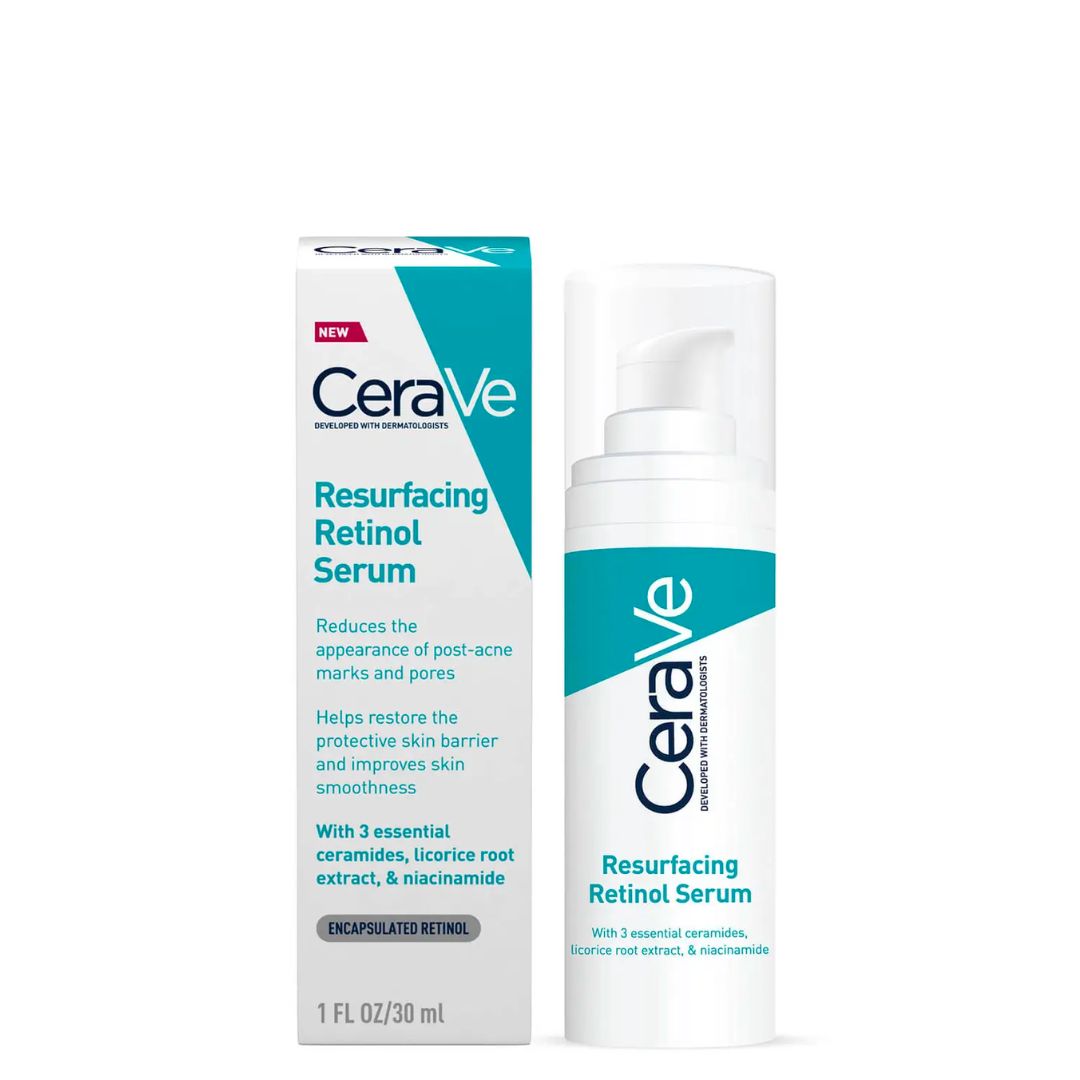
Specially formulated with acne-prone skin in mind, this retinol serum also contains niacinamide to help ease skin congestion. Together with retinol and ceramides, it helps to reduce the appearance of active breakouts, prevent further breakouts and lesser the chances of getting long-term post-acne pigmentation scarring—all while keeping the skin barrier hydrated and happy.
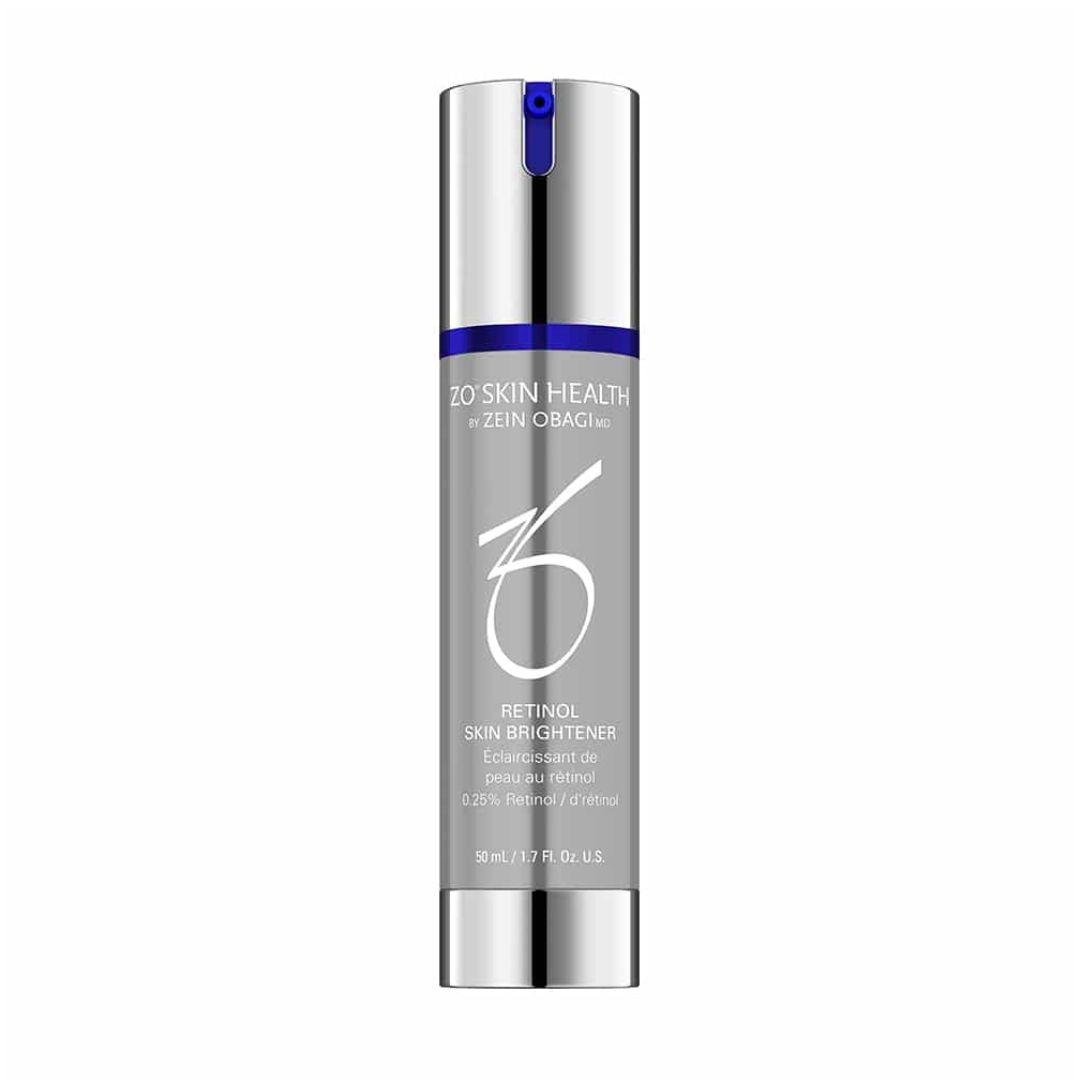
"I like the ZO Retinol Skin Brightener 0.25% as it contains calming and soothing properties and promotes exfoliation to eliminate uneven skin tone and improve skin smoothness," says Koukoufikis. The catch? As with a huge number of effective retinol for acne treatments, you'll have to visit a clinic to buy it.
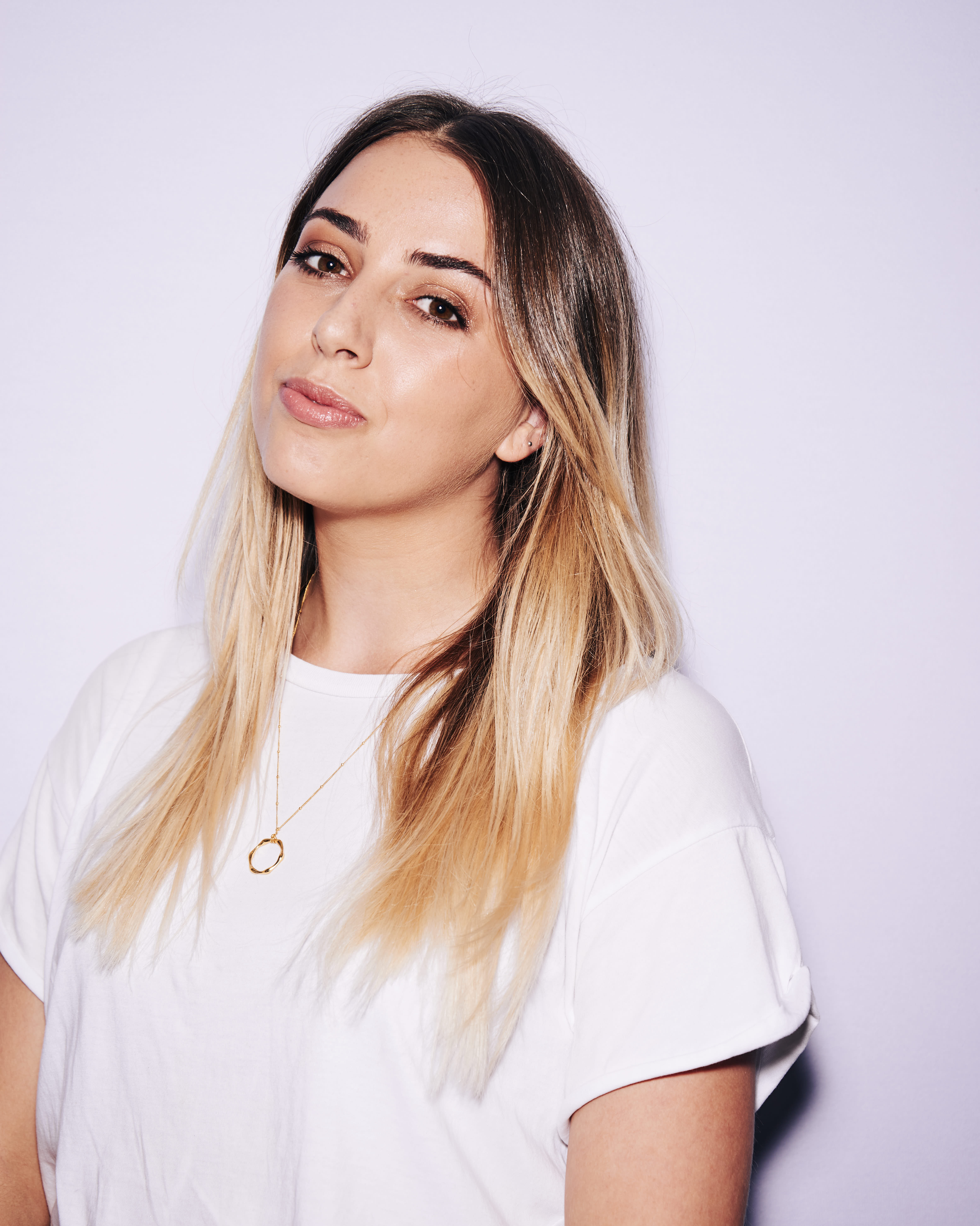
Shannon Lawlor is the Beauty Director at Who What Wear UK. With nearly a decade of experience working for some of the beauty industry’s most esteemed titles, including Marie Claire UK, Who What Wear, Glamour UK, Stylist and Refinery29, Shannon’s aim is to make the conversation around beauty as open, relatable and honest as possible. As a self-confessed lazy girl, Shannon has an affinity for hard-working perfumes, fool-proof make-up products and does-it-all skincare.
